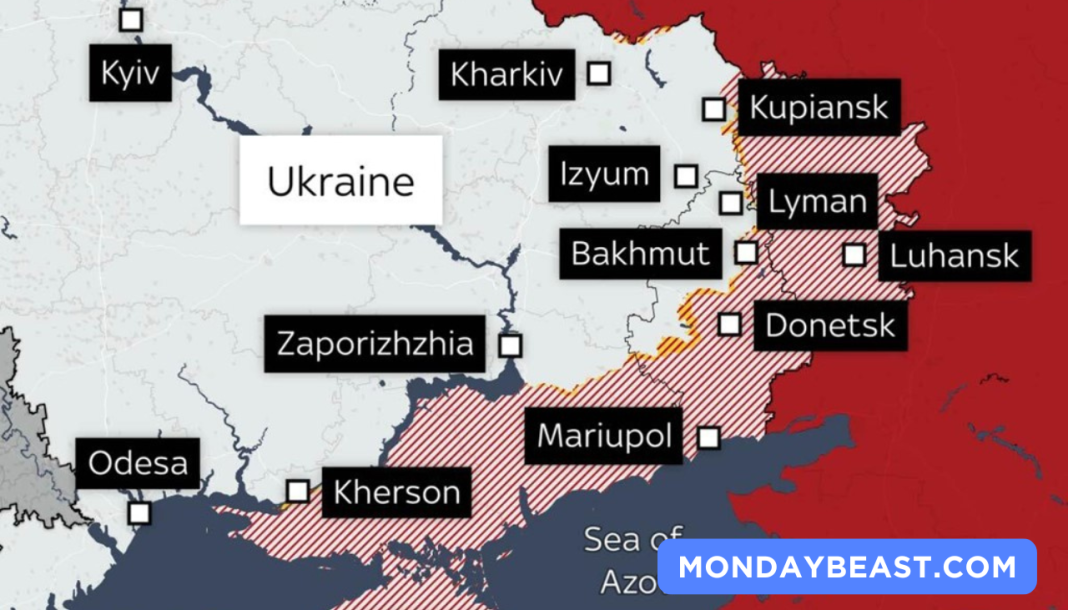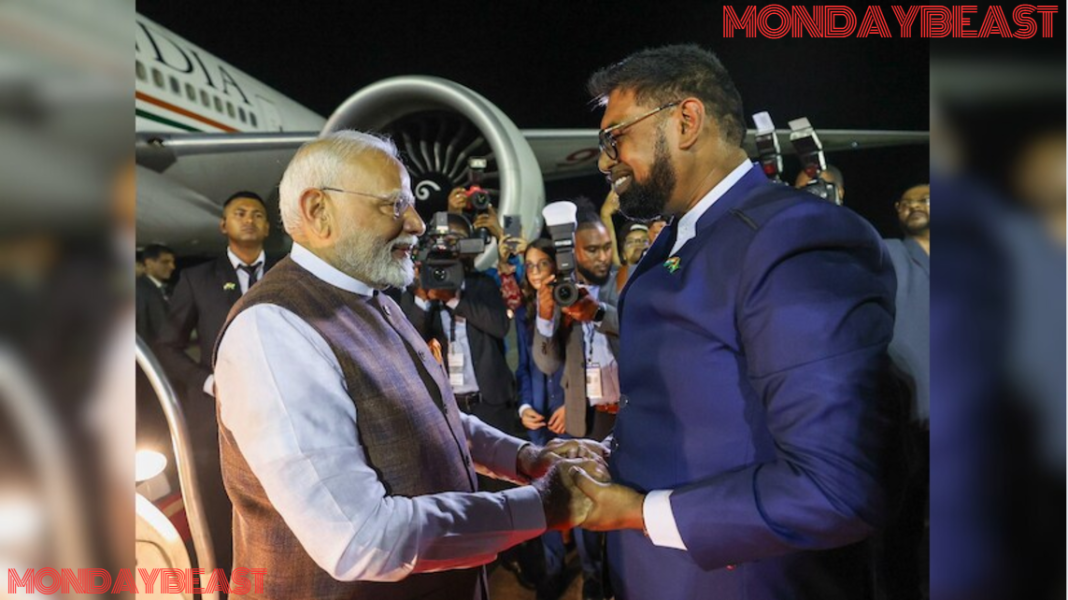In a stunning escalation, Ukraine has fired British-made Storm Shadow missiles into Russian territory. This marks a significant pivot in the conflict, raising many eyebrows. The implications reach far beyond the battlefield; they echo through diplomatic corridors worldwide.
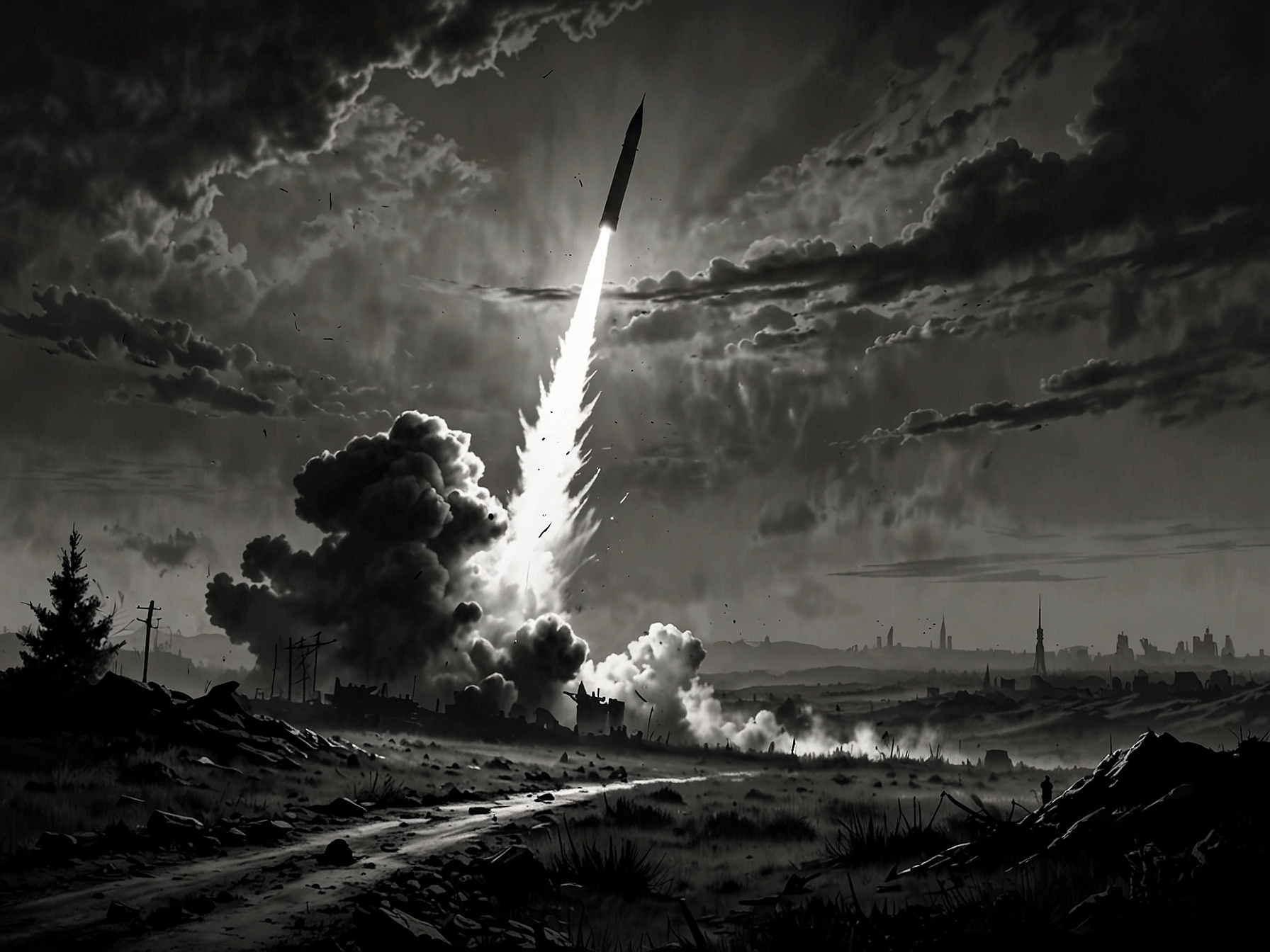
How will this influence international relations? The United States has pivoted too, recently approving the use of American anti-personnel landmines in Ukraine. This decision, while strategic, raises ethical questions.
There are concerns about what this means for humanitarian efforts and the safety of civilians. Can the world feel safe knowing such measures are on the table? Adding to the intrigue, the U.S. temporarily closed its embassy in Kyiv under alarming circumstances.
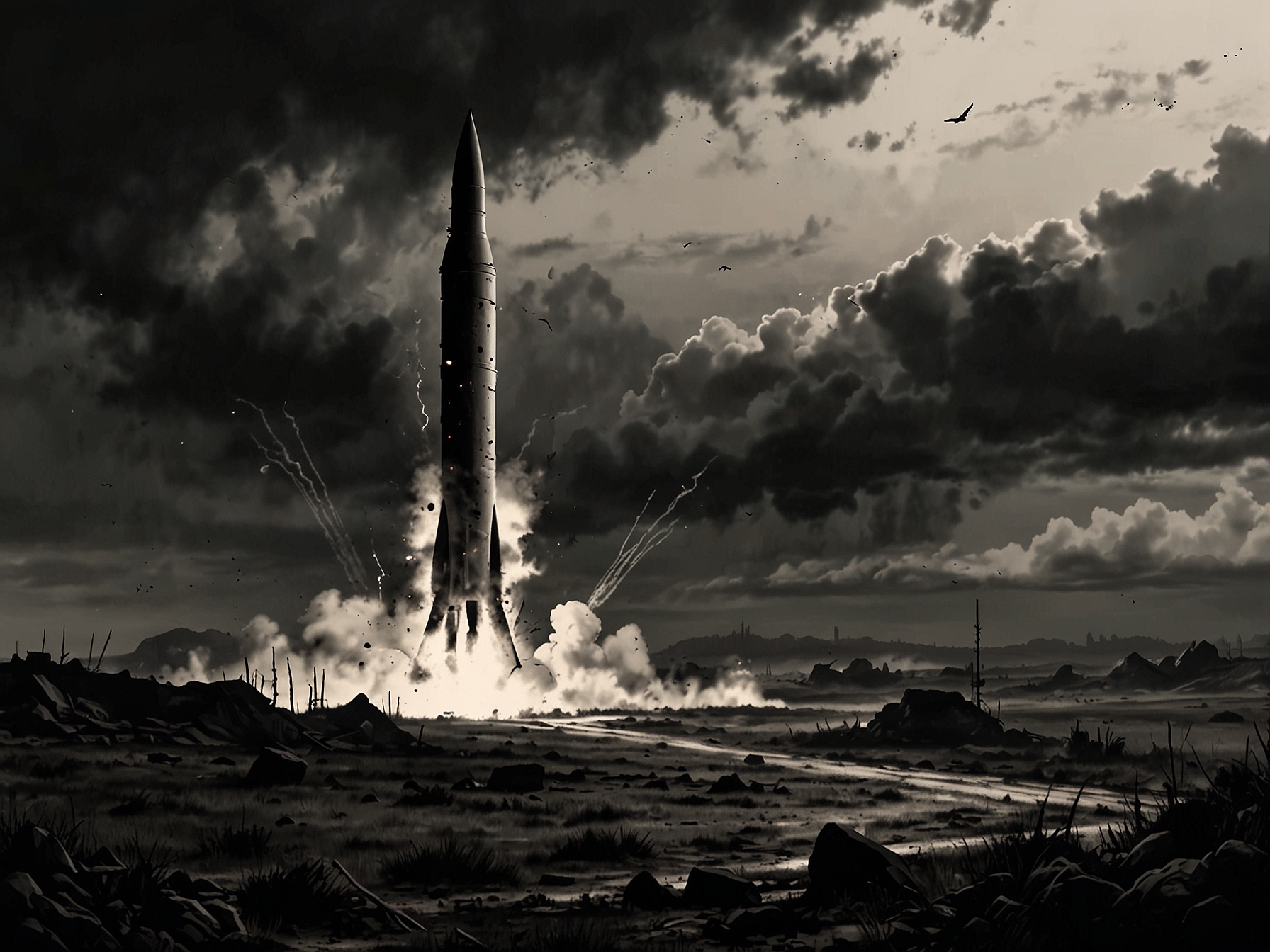
Reports cited ‘specific information’ about a possible significant air attack on November 20. Fortunately, the assault never occurred. Still, the tension hung heavy in the air. What does this closure signify for Americans abroad?
Meanwhile, hundreds in Belarus face arrest for showing solidarity with Ukraine. Under President Alexander Lukashenko’s regime, dissent is met with a heavy hand. This crackdown reminds us of the tight grip authoritarian regimes can hold.
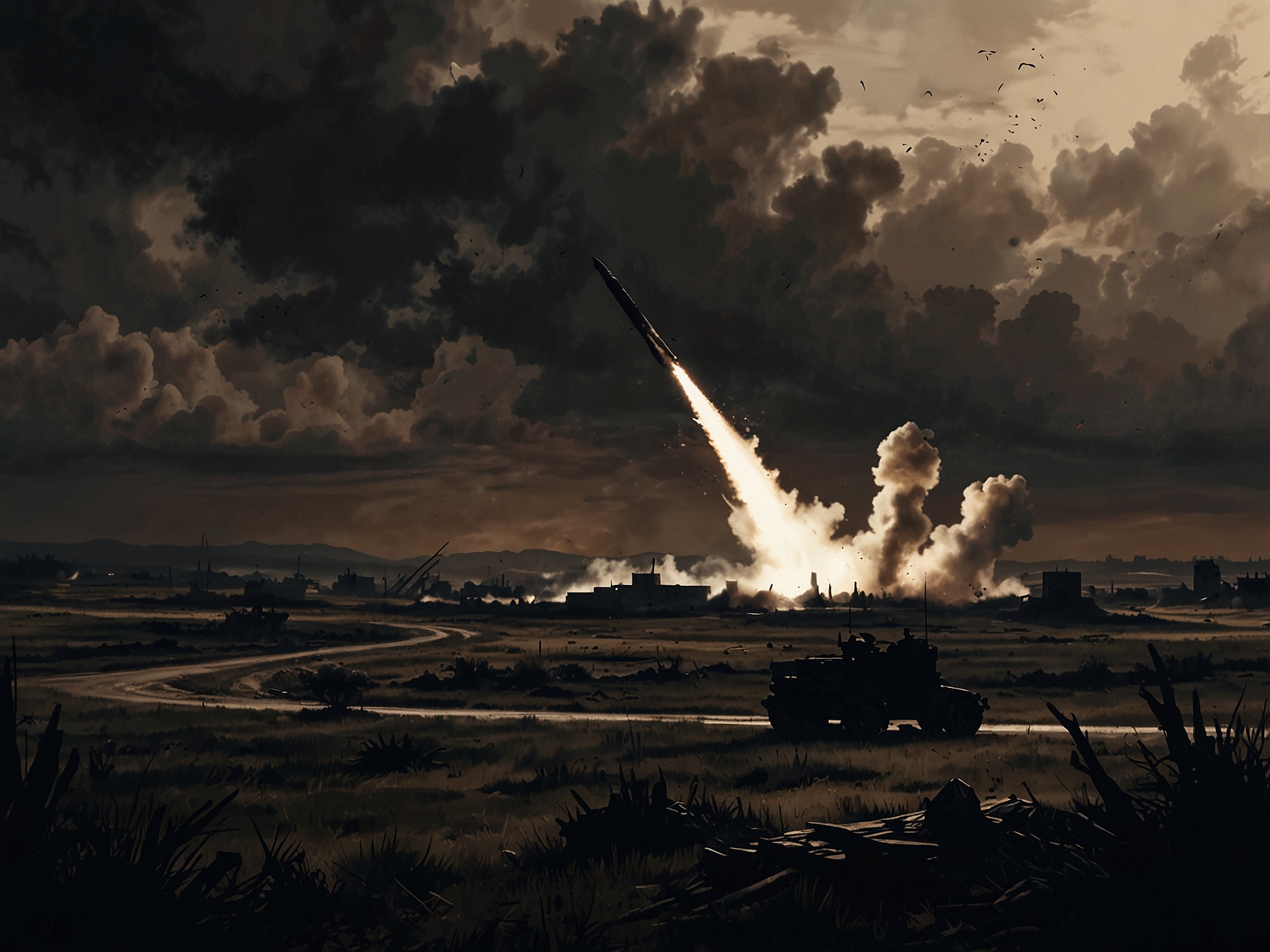
Will the international community take action? Horrific reports surfaced alleging the murder of two prisoners of war in Donetsk by Russian soldiers. The gruesome details from the Donetsk regional prosecutor’s office underscore the brutal reality of this conflict.
How do we reconcile such actions with the search for peace? As we navigate this complex situation, it’s essential to ask ourselves: What can we do? How do we engage with these crises in a meaningful way?
The choices made today will shape the world for generations. The time to act is now.

